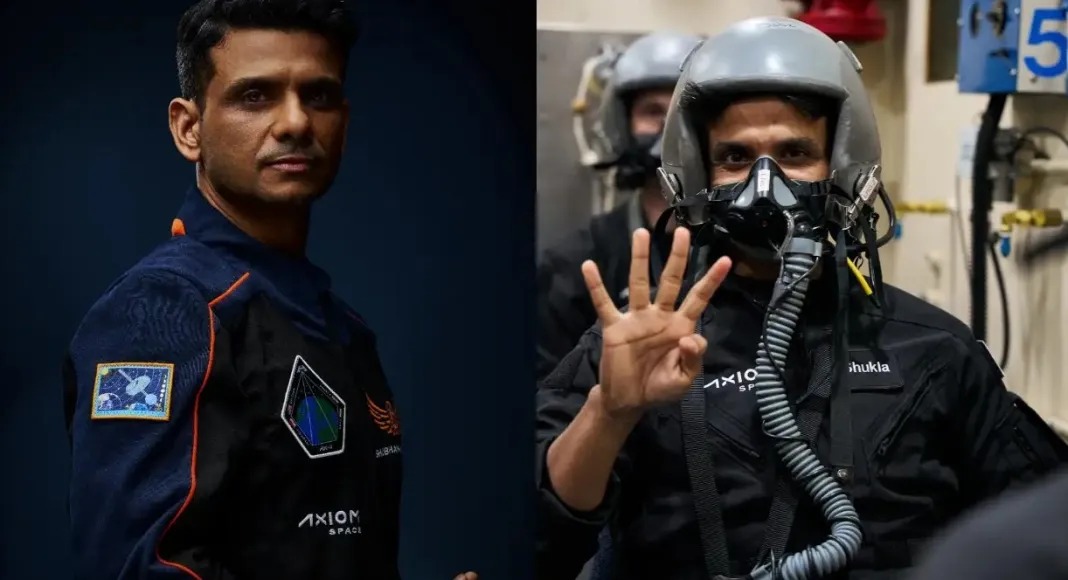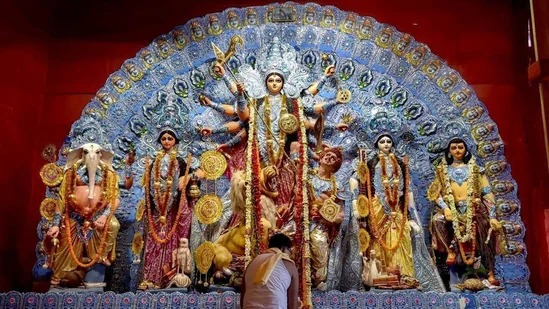
Follow WOWNEWS 24x7 on:

When Group Captain Shubhanshu Shukla vaulted from the cockpit of a fighter jet to the floating corridors of the International Space Station, he didn’t just carry with him the hopes of a billion Indians—he brought back timeless lessons about what it means to truly work as a team against all odds. At a recent event following his return from space, Shukla recounted stories and insights from his groundbreaking mission, shining light on how trust, resilience, and humility matter even more when the margin for error is zero and the world is watching.
Key Insights From Space
Shukla’s journey from Indian Air Force test pilot to ISS astronaut marked him as the first Indian to set foot on the ISS and the second to venture into orbit after four decades.
His mission was part of the commercial Ax-4 expedition, with an international crew working in close quarters and making cultural, scientific, and logistical breakthroughs together.
Lessons in teamwork became critical when physical and psychological challenges—like space sickness, experiment fatigue, and the constant presence of risk—tested every astronaut’s resolve and cooperation.
Shukla’s space sojourn underscored how the ISS, built and operated by 15 countries and five agencies, is a singular example of international collaboration bearing fruit.
Adapting To Space, Adapting To Each Other
During his address, Shukla recounted the culture shock of entering microgravity, from the discomfort of space sickness to the “floating headaches” that come when gravity disappears. Yet, the support of his crewmates made all the difference. For instance, before a crucial live interaction with Prime Minister Modi, Shukla was unwell—yet a teammate quietly set up the equipment so he could focus on the moment. The smallest acts, he emphasized, are proof of true teamwork.
Shukla reflected on spending long hours working on experiments inside the ISS glove box, where team members brought water and worked the fans to keep him comfortable—a necessity, since CO2 hangs around the face in zero gravity.
He observed that knowing when to support and when to lean on help is a skill honed in this extreme environment—mirroring lessons from his aviation career but intensified by space’s relentless demands.
Stories Of Tenacity And Shared Vision
Another aspect that stood out was the perseverance of his mission commander, Peggy Whitson. Her refusal to give up after repeated NASA rejections became, for Shukla, a powerful symbol of resilience necessary to overcome individual and collective barriers alike. He highlighted that expertise, patience, and showing up for one another—qualities fostered in pilot training—were amplified in the starlit confines of the ISS.
Shukla’s narrative included the rigorous pre-mission quarantine and extensive international training that primed the astronauts for both scientific tasks and living together.
He urged young Indians and aspiring professionals to focus on patience, adaptability, courage, collaboration, and—above all—enjoying the journey, even when the conditions are tough or unfamiliar.
Building Bridges In Orbit: The ISS As Humanity’s Home
For Shukla, the International Space Station was more than a technological wonder—it was a living testament to what humanity can achieve when nations, cultures, and talents pool resources and trust. Working alongside peers from multiple countries, he found that the “language of space” is spoken in checklists, hand signals, shared silences, and laughter over rehydrated meals.
The mission included more than 60 experiments, including several developed by Indian researchers, some focused on muscle biology and others on advanced life-support systems for future long-term missions.
This cross-border scientific enterprise, Shukla argued, would be impossible without robust teamwork—on and off Earth.
Coming Home With A Broader Perspective
As he concluded, Shukla emphasized that the greatest legacy of space travel is not merely technological advancement, but the human bonds that defy borders and gravity alike. His advice: whether in a cockpit, control room, or the void of space, success depends on staying humble, working for collective goals, and appreciating the shared risk and reward.
For India’s new generation of technocrats, engineers, and dreamers, Shukla’s experience stands as a stirring reminder that the journey matters as much as the destination—and that teams, in space or on the ground, really do make the impossible possible.
Sources: Indian Express, Deccan Herald, Deccan Chronicle, BBC, Times of India

